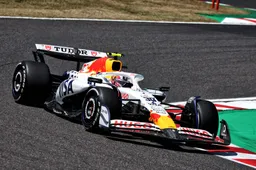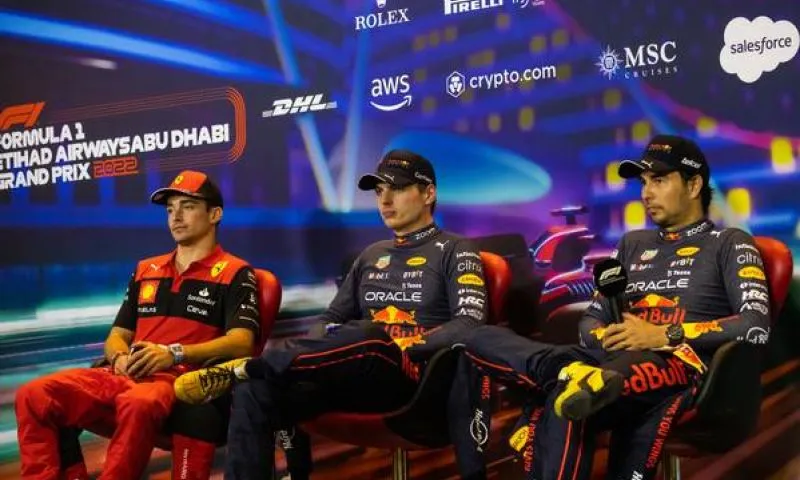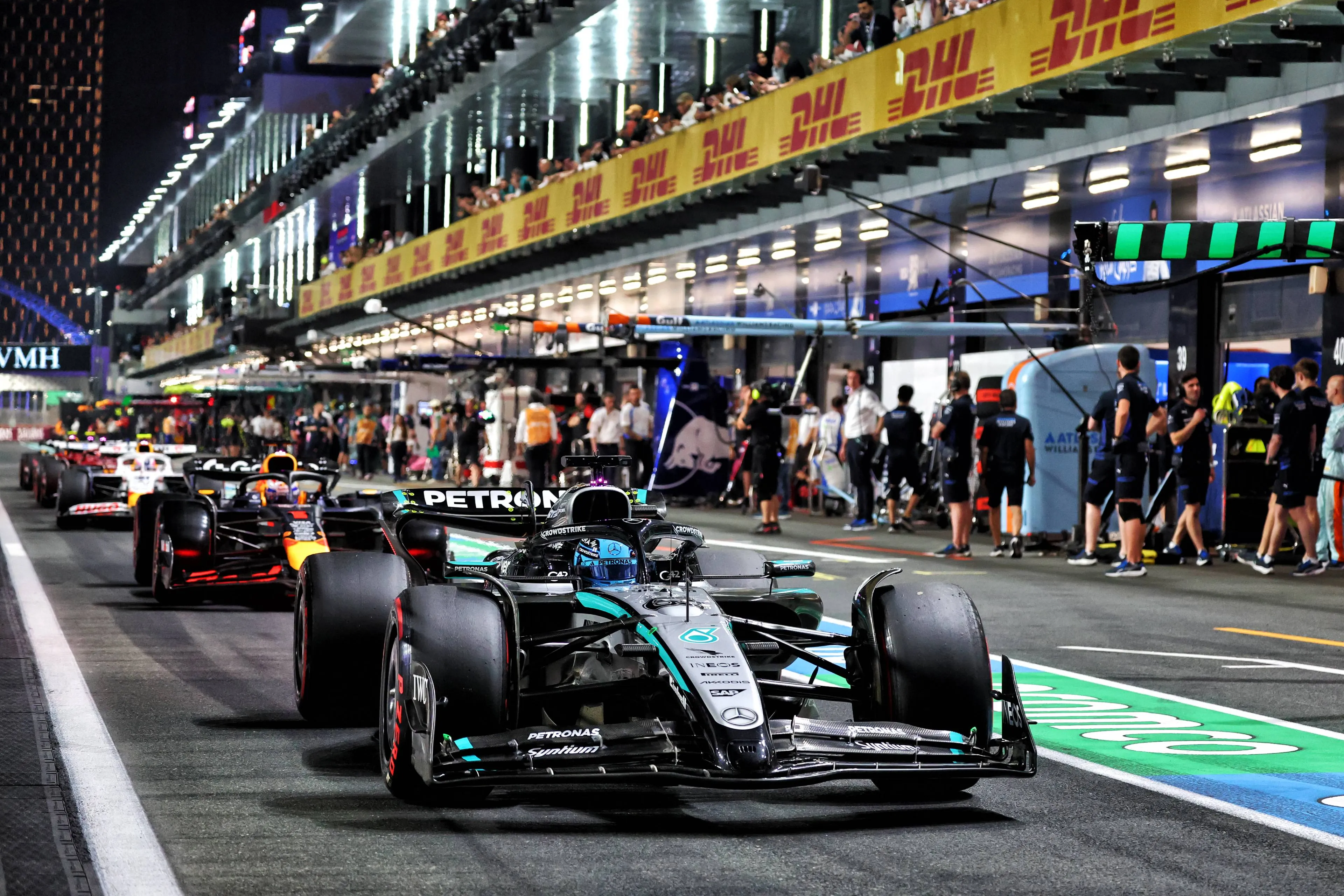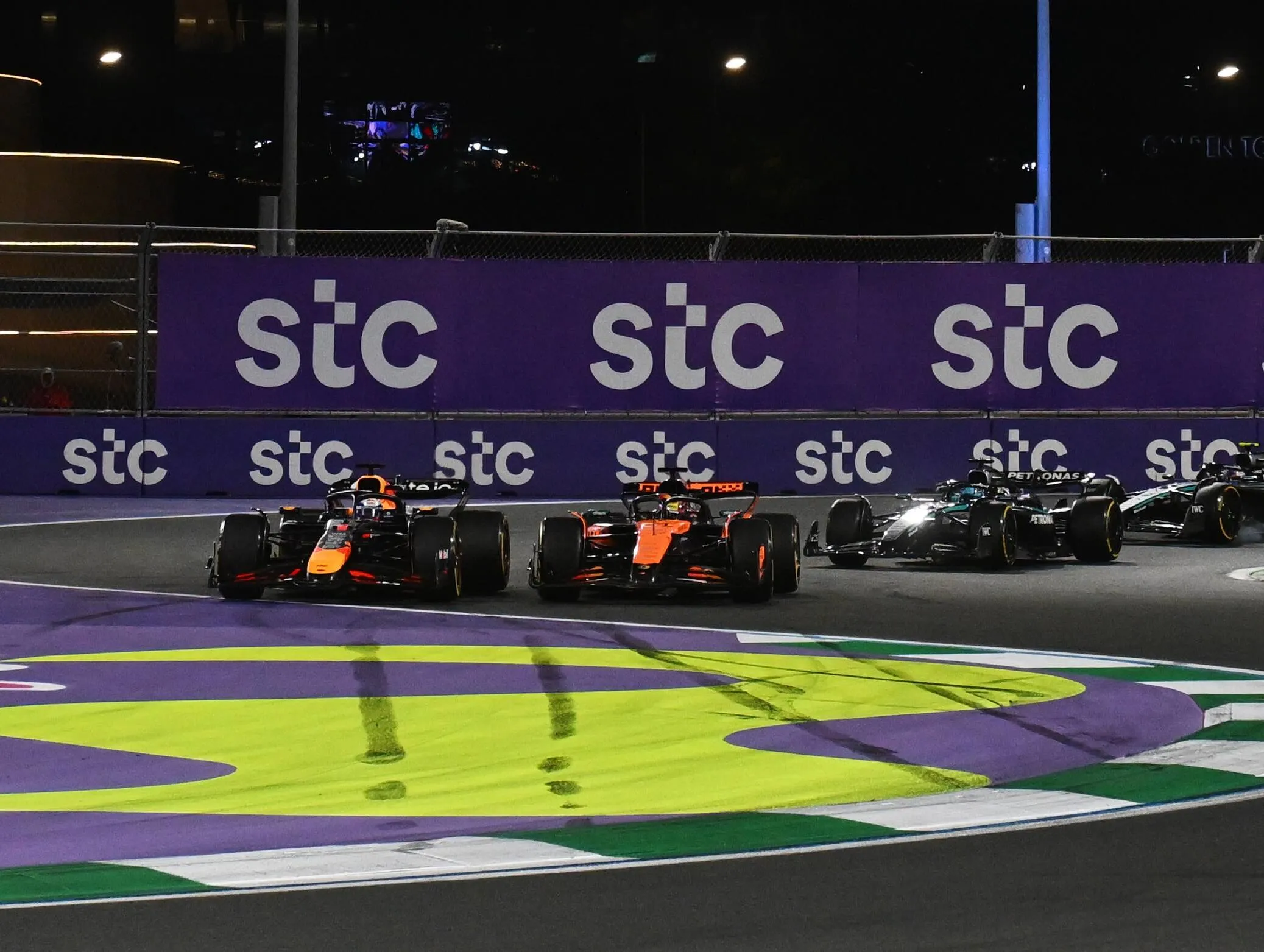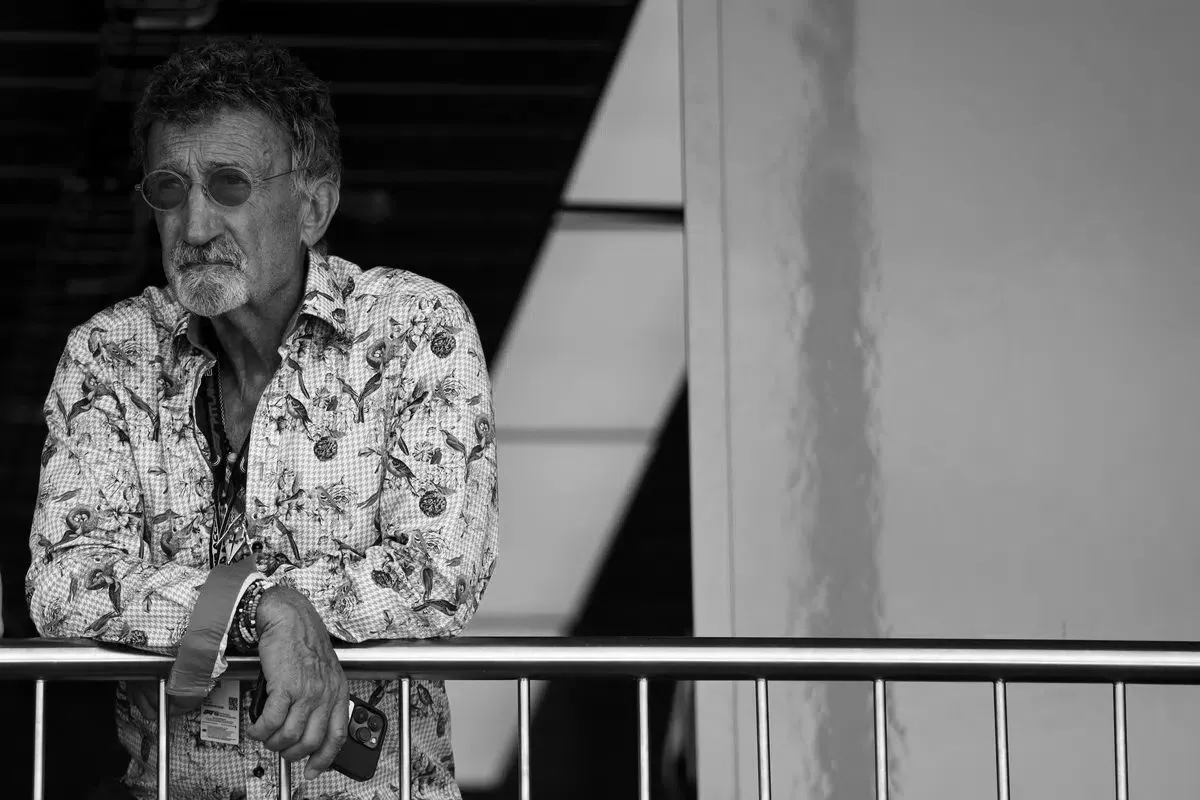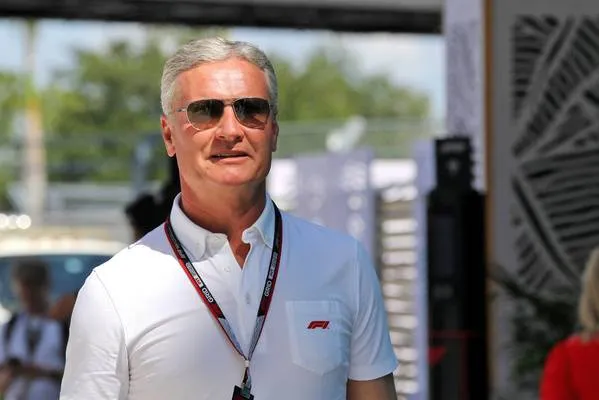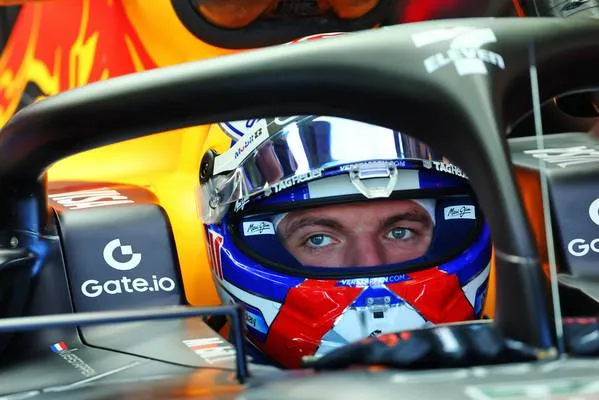Vowles given clear advice by Steiner: 'You deal with Verstappen's downsides'
14:30, 24 Apr
4 Comments
Former Mercedes employee now Williams team principal James Vowles believes there are downsides to signing Max Verstappen. However, Guenther Steiner completely disagrees with the Briton's verdict.
In the Red Flags Podcast, the former Haas F1 team principal argues that no matter the downsides of the Dutchman, it is worth it to sign him.
“I think anyone who wants to win a world championship can live with Max's downsides. Look at what he's doing with the Red Bull. That's for sure is not the fastest car out there. But he keeps on doing it,” he began reacted to Vowles' interview.
Steiner helps Vowles out
The Italian also saw Verstappen bouncing back immediately in Saudi Arabia, after the Dutchman had a disappointing weekend in Red Bull.
“Guess what, next race he's back, puts it on P1, and finishes second in the race. After getting an unjust penalty,” Steiner continued.
Therefore, he also has an advise for the British team principal: “He is very quick. If James Vowles hasn’t found out that one… Max is very quick, James.”

Steiner would accept Verstappen's manager shouting at him
Vowles was possibly not only referring to Max Verstappen, but also the people around him. For example in Bahrain, his manager, Raymond Vermeulen voice his displeasure quite clearly to Red Bull. Steiner however is clear that is another thing he could quite easily live with in order to have a champion like Verstappen sitting in his team's car.
“Yes! Look at what he (Verstappen) does; winning races, is third in the championship, still in distance [of the McLarens]. I guy like this motivates the rest of the team. Otherwise, Red Bull after winning so many championships, and you have results like those Lawson had and Tsunoda now, the whole thing falls down.”
“But Max is still going out there. That motivates everybody on Monday to come in and work hard. As a boss, you have to take Raymond was not happy after Bahrain. No s**;, who was happy at Red Bull after Bahrain? Max is not complacent, that is what you want,” the former team principal concluded.
This article was written in collaboration with Ludo van Denderen
Read more about:
Popular on GPBlog
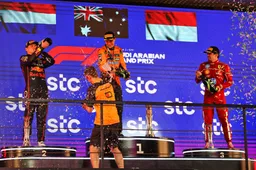
1
Herbert criticises "unprofessional and disrespectful" Verstappen on the Jeddah podium
746 times read

2
Palmer blames Verstappen's 'penalty or glory' approach: 'Just like 2021 with Hamilton'
626 times read
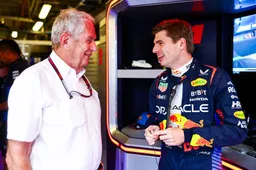
3
Marko intrigued to see if Piastri can "maintain this level of performance throughout the season"
535 times read
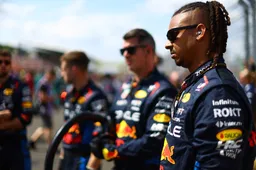
4
Former Red Bull mechanic on Red Bull's slow stops: 'It's not reality'
491 times read



